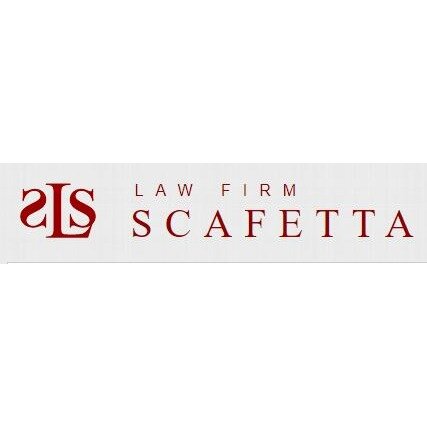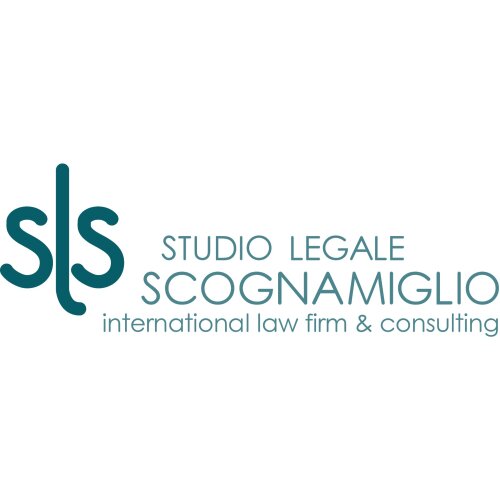Best Franchising Lawyers in Naples
Share your needs with us, get contacted by law firms.
Free. Takes 2 min.
List of the best lawyers in Naples, Italy
About Franchising Law in Naples, Italy
Franchising law in Naples, and Italy at large, is a critical legislating segment today given the country's growing interest in franchising businesses. Italian franchising laws focus on ensuring transparency, fostering innovation, and safeguarding the interest of both the franchisor and franchisee. The primary law that governs franchising in Italy is outlined within the Italian Civil Code (Art. 2556 and following) and the Franchising Law (L. 129/2004).
Why You May Need a Lawyer
Several situations might necessitate the need for a franchising lawyer in Naples. During the initial agreement drafting, a lawyer can help ensure that all terms are in your favor while also complying with the Italian Franchising Law. In case of disagreements or disputes between the franchisor and franchisee, a franchising lawyer serves as an essential arsenal. Also, legal help becomes crucial for compliance checks, business expansion, or if someone is looking to sell their franchise.
Local Laws Overview
Franchising in Naples, as in the rest of Italy, is primarily guided by Law No. 129 of 6 May 2004 (“Italian Franchise Law”). This law highlights the critical aspects, including Publicity, Transparency, Pre-contractual Information, and Franchise Contract Obligations. Some key points include needing to provide pre-contractual information at least 30 days before the signing of a franchise contract; franchise agreements must be written and contain detailed provisions; and an obligation for both parties to guarantee reciprocity of performance to each other.
Frequently Asked Questions
1. Are there any specific laws governing franchising in Naples?
The Italian Civil Code and Italian Franchise Law, which are applicable nationwide, are the primary legal bodies governing franchising in Naples and throughout Italy.
2. What documents must the franchising agreement include?
Italian law stipulates that franchising agreements must be written and include details about the franchisor, the know-how, the fees, the franchise system, and the rights and obligations of the franchisor and franchisee.
3. How well protected are the rights of both franchisors and franchisees?
Simultaneously respecting the rights of franchisors and franchisees, the Italian law mandates full transparency during the franchising agreement's signing process, thus protecting both parties' interests. This informs their rights and obligations.
4. Can I sell my franchising business?
Yes, you can sell your franchising business. However, there are specific laws and guidelines that must be adhered to, and such a process may require legal assistance for clarity and transparency.
5. Is it necessary to enlist the help of a lawyer when establishing a franchise in Naples?
While not mandatory, it's highly advised to seek legal help when establishing a franchise in Naples for your protection and understanding of your rights and obligations under Italian franchise law.
Additional Resources
For more details on franchising, you may need to refer to Italian Civil Code and Italian Franchise Law. Italy’s Department of Economic Development is an excellent resource for understanding the country's market conditions. The Italian Franchise Federation (Federfranchising) may also prove to be a useful resource.
Next Steps
If you require legal assistance related to franchising in Naples, get a lawyer specializing in Franchising Law. It is helpful to prepare any questions or concerns you may have, as well as any documents relevant to your case, before consulting with your lawyer. This will give your lawyer an excellent overview of your situation and help them provide appropriate advice.
Lawzana helps you find the best lawyers and law firms in Naples through a curated and pre-screened list of qualified legal professionals. Our platform offers rankings and detailed profiles of attorneys and law firms, allowing you to compare based on practice areas, including Franchising, experience, and client feedback.
Each profile includes a description of the firm's areas of practice, client reviews, team members and partners, year of establishment, spoken languages, office locations, contact information, social media presence, and any published articles or resources. Most firms on our platform speak English and are experienced in both local and international legal matters.
Get a quote from top-rated law firms in Naples, Italy — quickly, securely, and without unnecessary hassle.
Disclaimer:
The information provided on this page is for general informational purposes only and does not constitute legal advice. While we strive to ensure the accuracy and relevance of the content, legal information may change over time, and interpretations of the law can vary. You should always consult with a qualified legal professional for advice specific to your situation.
We disclaim all liability for actions taken or not taken based on the content of this page. If you believe any information is incorrect or outdated, please contact us, and we will review and update it where appropriate.











